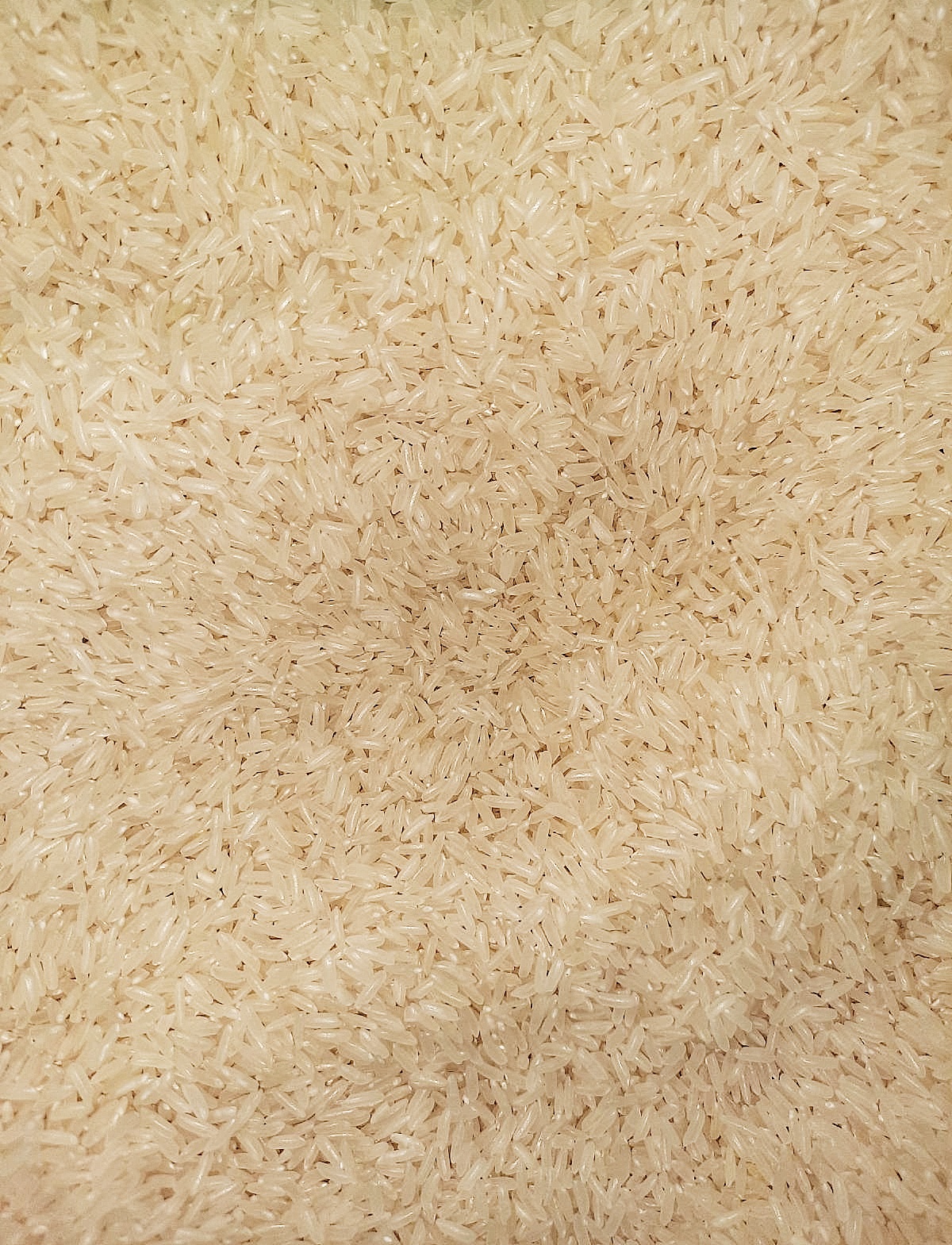House minority leader Libanan asks gov't: Keep rice price cap in effect
At A Glance
- The Palace-ordered price cap on rice shouldn't be a temporary thing, House Minority Leader and 4Ps Party-list Rep. Marcelino Libanan said on Monday, Sept. 18.
- Asian rice prices began to shoot up after India, the world's biggest rice supplier, suddenly banned exports of non-basmati white rice in July to prioritize its own consumption.
 (Ellson Quismorio/ MANILA BULLETIN)
(Ellson Quismorio/ MANILA BULLETIN)
The Palace-ordered price cap on rice shouldn't be a temporary thing, House Minority Leader and 4Ps Party-list Rep. Marcelino Libanan said on Monday, Sept. 18.
“The government should keep the caps on rice costs as long as these are needed to safeguard consumers against price shocks and counteract potential illegal acts of price manipulation, profiteering and hoarding," Libanan said in a statement.
The veteran lawmaker urged the government “to do everything it can to insulate consumers, especially low-income households, from precipitous and excessive increases in rice prices".
“If necessary, the government should also subsidize rice traders, not just small retailers, in order to keep the price caps sustainable,” Libanan said.
On Aug. 31, President Marcos imposed a cap on rice prices as a way t suppress further increases that could make the staple food out of reach of poorer households.
According to.Executive Order (EO) No. 39, the price ceiling for regular milled rice is P41 per kilo, while that for well-milled rice is P45 per kilo. Marcos has said that the price cap was just a temporary measure.
Last week, Department of Trade and Industry (DTI) Secretary Alfredo Pascual said that the government intends to review the price cap later this month when local harvest starts and more imports arrive.
Meanwhile, Libanan warned that the upward pressure on global rice costs “could expose rice-consuming countries such as the Philippines to international commodity opportunists out to exploit price swings to make money".
“In fact, we are also worried that foreign state actors might take advantage of the situation and try to artificially affect global markets to undermine rice-importing countries and their governments,” he said.
Asian rice prices began to shoot up after India, the world’s biggest rice supplier, suddenly banned exports of non-basmati white rice in July to prioritize its own consumption amid harsh weather conditions dampened harvests.
The ban has since squeezed Asian rice supplies as Thailand and Vietnam, the world’s second and third biggest exporters of the staple grain, respectively, struggled to fill the void created by the abrupt loss of shipments from India.